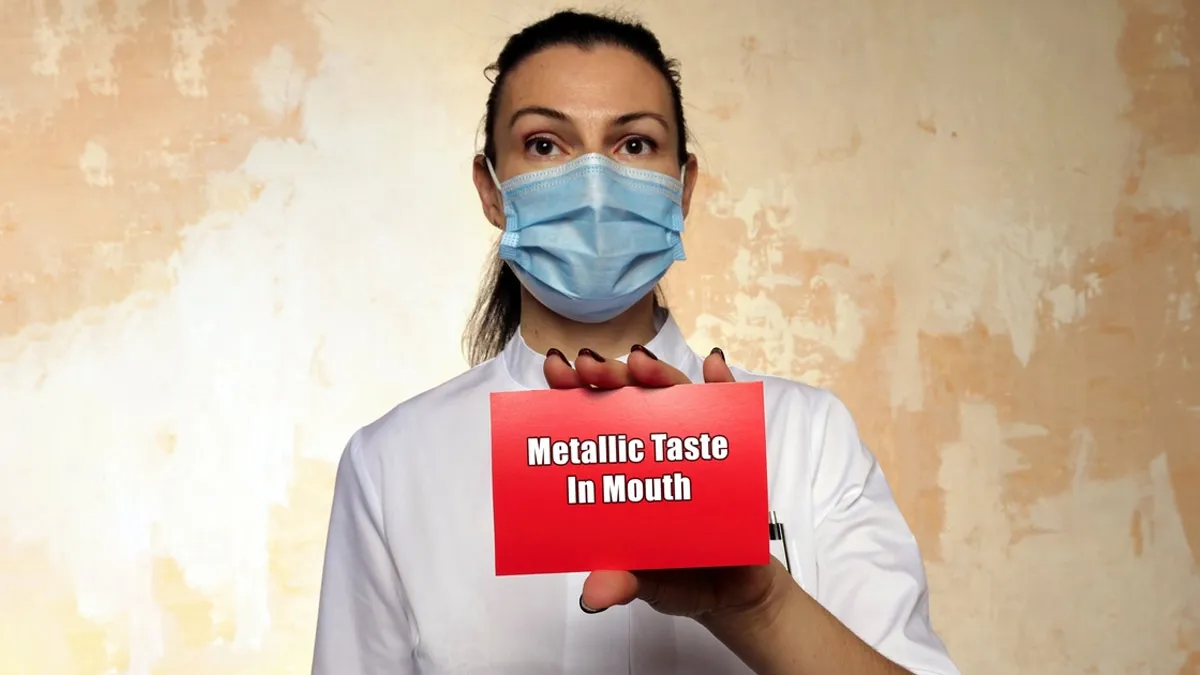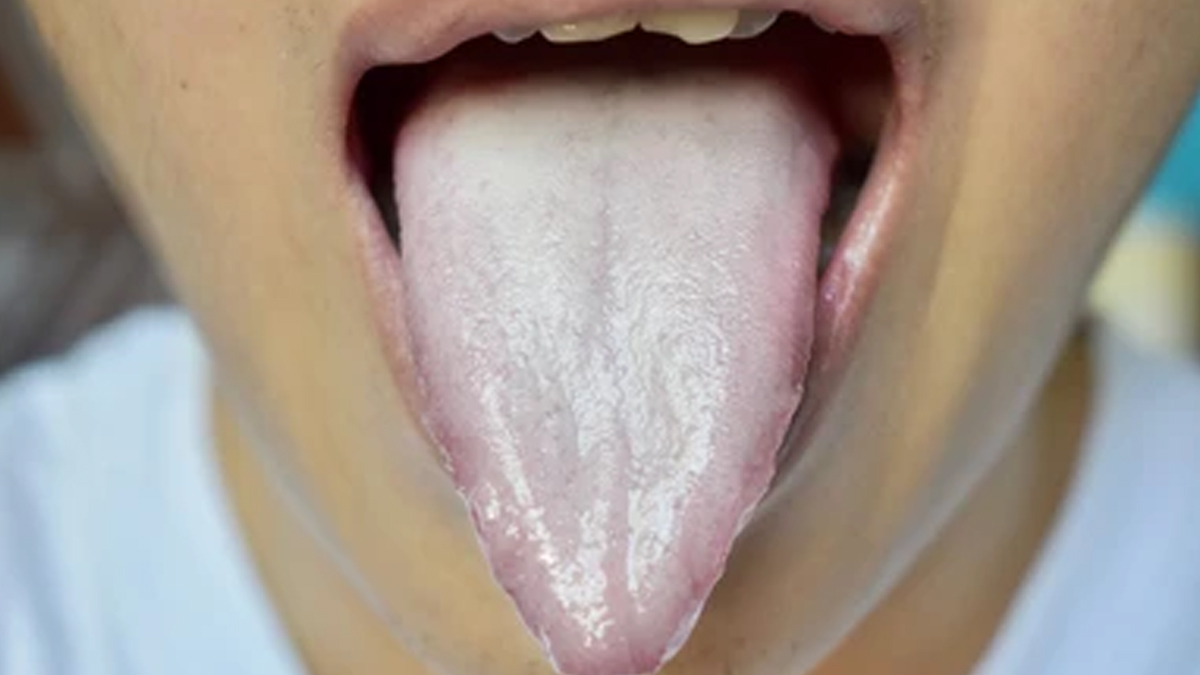
Ever woken up with a bad, bloody taste in the mouth that seemed almost metallic? If that is the case, you’re not alone. Many people experience this unusual, unpleasant taste in their mouth due to various reasons. While it’s often harmless, it may indicate an underlying issue requiring attention. Therefore, we at OnlyMyHealth spoke to Dr Paresh P Naik, Skull Base, Head and Neck Surgeon, ENT Consultant, Jaslok Hospital & Research Centre, Mumbai, to understand its common causes and when one should consult a doctor.
Table of Content:-
Also Read: Dealing With A Constant Bad Taste? Here're The Possible Reasons
Common Causes Of Bloody Taste In Mouth

Taste buds are located in the mouth and throat, primarily on the tongue, but they are also a part of the oral cavity. Taste buds are sensory organs that help us detect the chemical makeup of food and drinks. They identify nutrients, check for anything harmful, and determine how something tastes. When taste buds are activated, they send signals to the brain through special nerves, allowing us to recognise different flavours.
Impaired taste, or a bloody, metallic taste in particular, can result from various factors, ranging from minor injuries to systemic conditions. Common causes include:
Oral injuries: Accidental biting of the tongue or cheek, or trauma from dental work, can introduce blood into your saliva.
Nasal bleeding: Blood from a nosebleed can drain into the throat, leading to a metallic taste.
Dry mouth: Reduced saliva production, often caused by dehydration or certain medications, can irritate oral tissues and increase the likelihood of a bloody taste.
Conditions That Can Lead To Bloody Or Metallic Taste In The Mouth

Interestingly, certain conditions can also contribute to a bloody taste in the mouth. These include:
Gum diseases: Gum diseases, like periodontitis and gingivitis, involve inflammation and bleeding of the gums, often accompanied by a metallic taste, said Dr Naik. He explained, “Gum disease occurs when plaque builds up along the gumline, harbouring bacteria that inflame the gums. This inflammation can make the gums prone to bleeding, especially during brushing or flossing. As a result, you may notice a metallic or bloody taste. Without treatment, gum disease can progress to periodontitis, leading to more severe symptoms, including loose teeth and chronic bad breath.”
Systemic conditions: Systemic conditions are health conditions that affect the entire body, rather than a single organ or body part. Examples include high blood pressure, the flu, diabetes, Multiple Sclerosis (MS), heart disease, and more. Certain health issues, such as anaemia, kidney disease, or liver problems, may result in a metallic taste due to altered blood chemistry. According to StatPearls Publishing, iron supplements that are used to treat people with anaemia can also cause a metallic taste in the mouth.
Acid reflux: Gastroesophageal Reflux Disease (GERD), which occurs when stomach contents flow back up into the oesophagus, may also cause stomach acid and blood to mix, leading to an odd taste in the mouth.
Also Read: Metallic Taste In the Mouth: What Does It Mean?
When Should You Consult A Doctor?

While an occasional bloody taste may not be worrisome, seek medical advice if you experience:
Persistent symptoms: The taste lasts for more than a week or recurs frequently.
Associated bleeding: Visible blood in saliva, even when not brushing or flossing.
Additional symptoms: fatigue, swelling, bad breath, or unexplained weight loss.
Recent medication changes: If the taste coincides with starting a new drug.
“Prompt evaluation by an ENT surgeon or physician can help identify and address underlying causes, ensuring your health and peace of mind,” Dr Naik highlighted.
Conclusion
While a bloody or metallic taste in the mouth is often harmless, it’s crucial not to overlook persistent symptoms. Small changes, such as improving oral hygiene or staying hydrated, can make a big difference, but ongoing or severe cases should be evaluated by a healthcare professional to rule out underlying issues. By addressing such concerns early and spreading awareness, we can promote better oral health, leading to improved overall well-being.
Also watch this video
Read Next
Age-Wise Cholesterol Guide: How Much Should Your Cholesterol Be At Each Age? Doctor Explains
How we keep this article up to date:
We work with experts and keep a close eye on the latest in health and wellness. Whenever there is a new research or helpful information, we update our articles with accurate and useful advice.
Current Version